Home » FIP Conference 2023: Pharmacy building a sustainable future for healthcare – aligning goals to 2030

The International Pharmaceutical Federation (FIP) is the global body representing pharmacy and pharmaceutical sciences. Through 154 national organisations, academic institutional members and individual members, FIP represents over four million pharmacists and pharmaceutical scientists around the world. Founded in 1912, FIP works to support the development of the pharmacy profession, through practice and emerging scientific innovations, to meet the world’s health care needs and expectations.
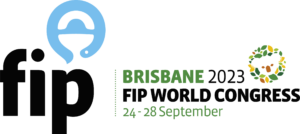
The main theme of this year’s conference, which ran from 24 to 28 September, was sustainability; Pharmacy building a sustainable future for healthcare — aligning goals to 2030.
The global health context has changed dramatically in recent years. We have all experienced the world’s biggest healthcare crisis in centuries. Countries are spending more on health, as populations are ageing, and the burden of chronic diseases is growing. Novel and expensive medicines and health technologies are becoming available, and demand for better health is increasing as people’s incomes grow.
The opening ceremony at the Brisbane Conference and Exhibition Centre included an address by the incoming FIP President, Paul Sinclair: “For too long, the negative impact of the healthcare sector on our environment has been a marginal topic”, said Mr Sinclair, during his presidential address.
Mr Sinclair’s first speech as president focused on sustainability and described how FIP’s ‘SustainabilityRx’ programme of work addresses the linked issues of environmental and planetary health, response to disasters and pandemics, and sustainable services. He pointed to increasing incidences of extreme weather and highlighted that poor planetary health is leading to more people needing healthcare, and to the emergence of new health problems: “Effective action on climate change must be a priority for the pharmacy profession. Every part of pharmacy has a responsibility. From pharmacy associations promoting environmental sustainability and the industry reducing its carbon emissions to net zero, to pharmaceutical scientists practising green medicines development and regulators collecting standardised national data on pollution. From educators teaching environmentally sustainable pharmacy practice to practitioners preventing waste through ensuring the optimal use of medicines, every act will help. We can support the planet while supporting patients.”
The new FIP President explained that sustainability requires not only economic viability, environmental protection, and social equity, but also basic human needs such as healthcare to be met: “Health systems must become more efficient. Many needs could be met by pharmacists”. He underlined primary health care as a cornerstone of sustainable health systems and universal health coverage, but also emphasised the importance of workforce, education, technology, research, collaboration, and funding. Pharmacy itself must be sustainable, Mr Sinclair said, before expressing concern over reports of pharmacists being pressured to deliver more services without adequate support and of pharmacies reducing their opening hours or even closing completely in some countries: “This is an enormous blow to communities. Health and finance ministers alike must recognise pharmacy as integral to a well-functioning health system,” he said.
Mr Sinclair urged the pharmacy profession to remain as united against challenges as it had been during the COVID-19 pandemic to build a sustainable future for healthcare: “FIP is confident that our profession will provide solutions to many health challenges,” he said.
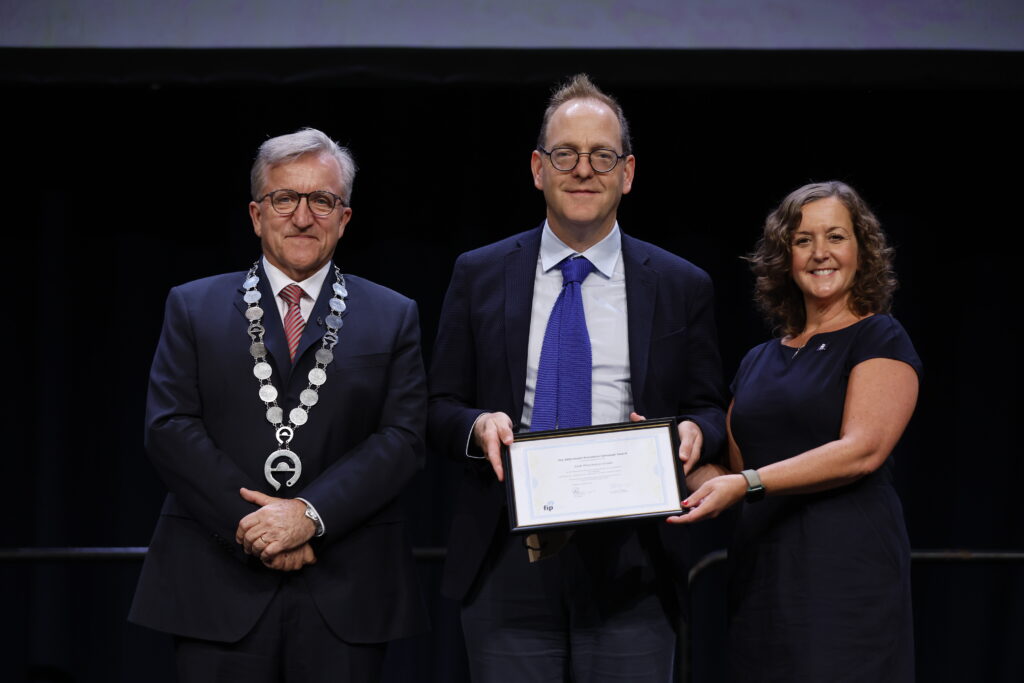
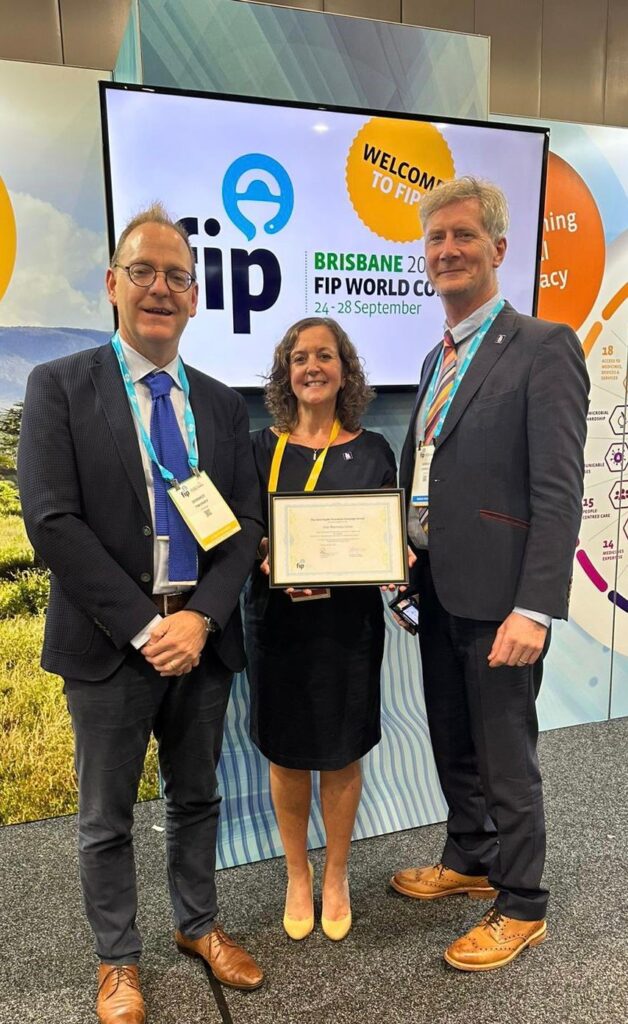
The IPU Safe Pharmacy campaign, which aims to support those experiencing domestic abuse or coercive control, was announced as the winner of the FIP Health Promotion Campaign Award 2023 at the opening ceremony. Safe Pharmacy, which operates in 1,087 Irish pharmacies, was developed by the IPU in partnership with Safe Ireland, An Garda Síochána and the HSE. I accepted the award in Brisbane with IPU President Dermot Twomey. We were delighted to accept the award on behalf of all those who worked to develop the initiative, as well as all participating pharmacies.
Safe Pharmacy was launched in July 2022, and is a domestic abuse support service, which focuses on providing information and the contact details of local sources of support in the privacy of pharmacy consultation rooms. A brand was developed with participating pharmacies portraying a ‘Safe Pharmacy’ decal at their entrance. Appropriate training was also provided to all participating pharmacies and a pharmacy champion was also appointed in each pharmacy.
I had also been invited to present on the Safe Pharmacy Initiative on the last day of the conference. This was a fantastic opportunity for the IPU to share our idea with the rest of the world. There was a lot of interest from many of the countries that were represented so we are hopeful that others will follow our lead in supporting victims of domestic abuse in their communities. For more information on Safe Pharmacy, including on how to sign up to be a Safe Pharmacy, go to ipu.ie > Safe Pharmacy.
Another notable award went to Dr Shellyza Sajwani, an oncology pharmacist from Ottawa, who was presented with the Olivier Bugnon Award. This award is made to a mid-career pharmacist in the world every three years for outstanding international contribution to pharmacy practice. In her remarks, Dr Sajwani shared a story of experiencing ovarian cancer herself in a climate crisis. She spoke of the responsibility of pharmacists in climate change and planetary health and informed us, that the global healthcare system has a greater emissions burden than the aviation industry, and that we all have a role to play.
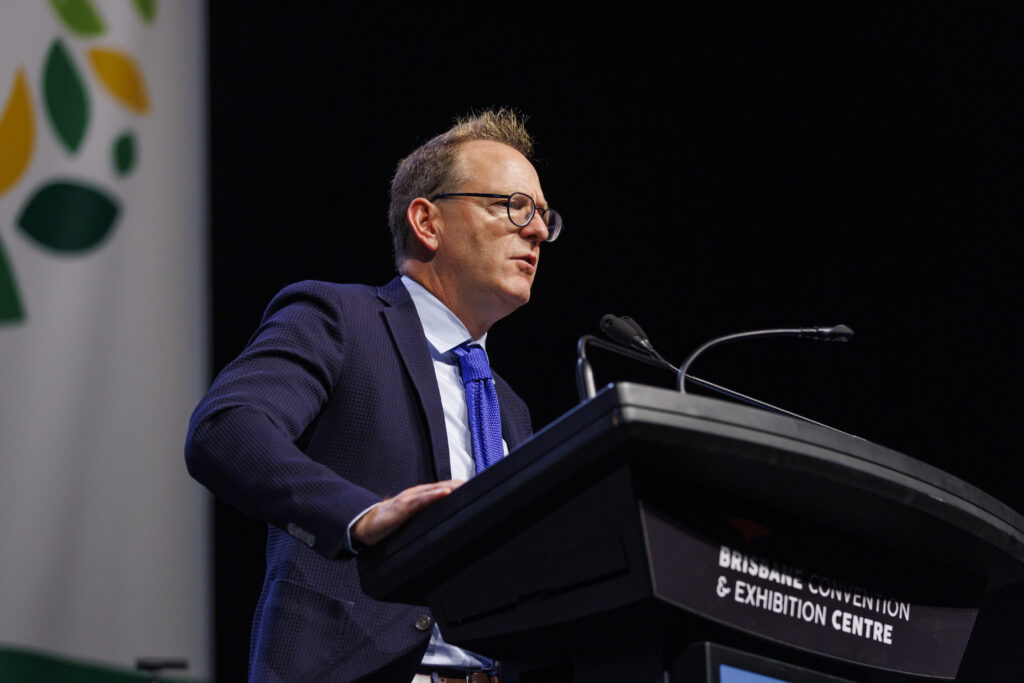
There were three main topics covered in the Congress:
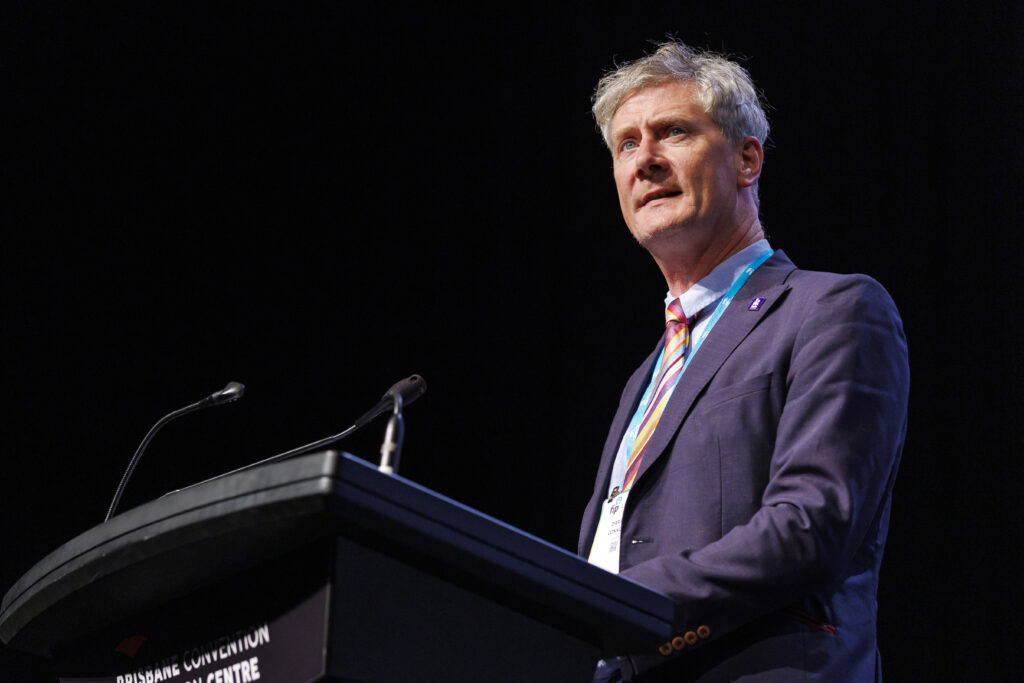
There were over 70 plenary, clinical, scientific sessions, and symposiums to choose from over the few days. The plenary sessions focused on the following:
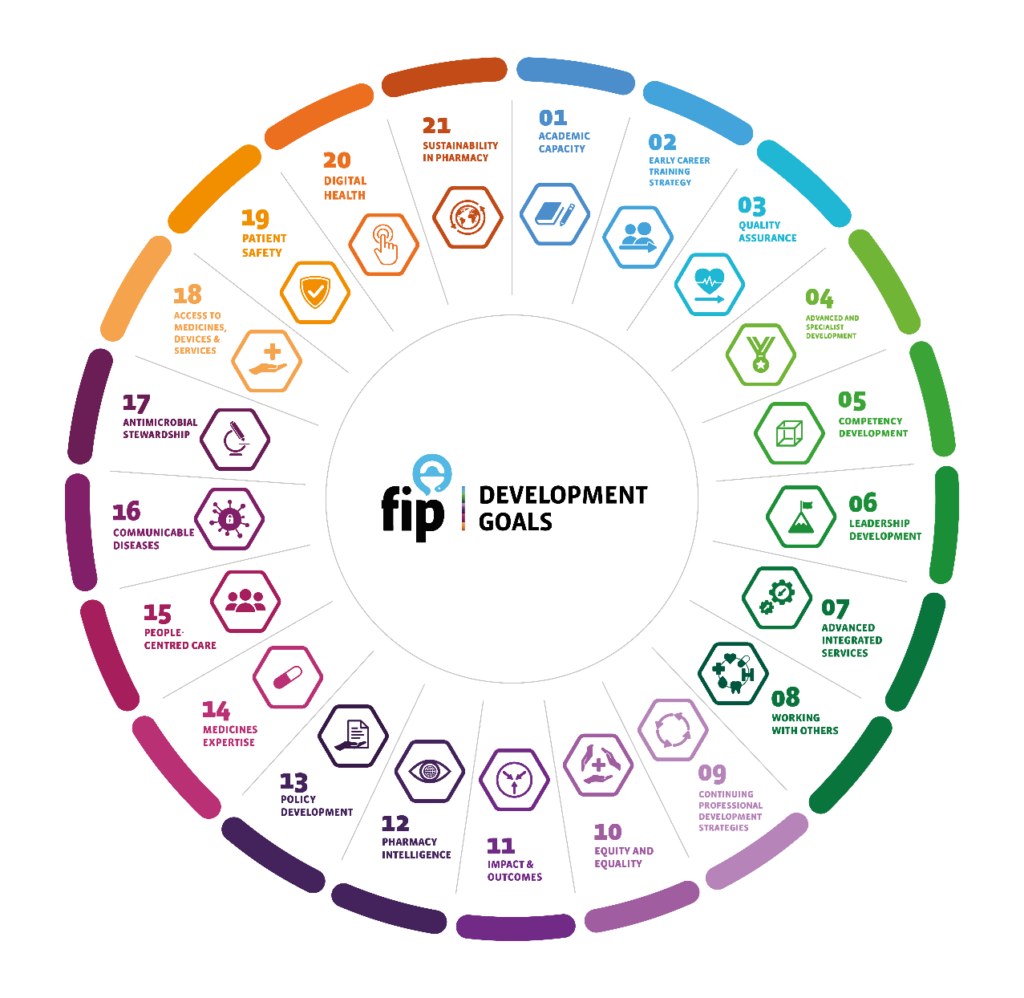
The FIP Development Goals, are a key resource for transforming the pharmacy profession over the next decade globally, regionally, and nationally. They align with FIP’s mission to support global health by enabling the advancement of pharmaceutical practice, sciences and education and are set to transform pharmacy in alignment with wider global imperatives underpinning the UN Sustainable Development Goals (SDGs).
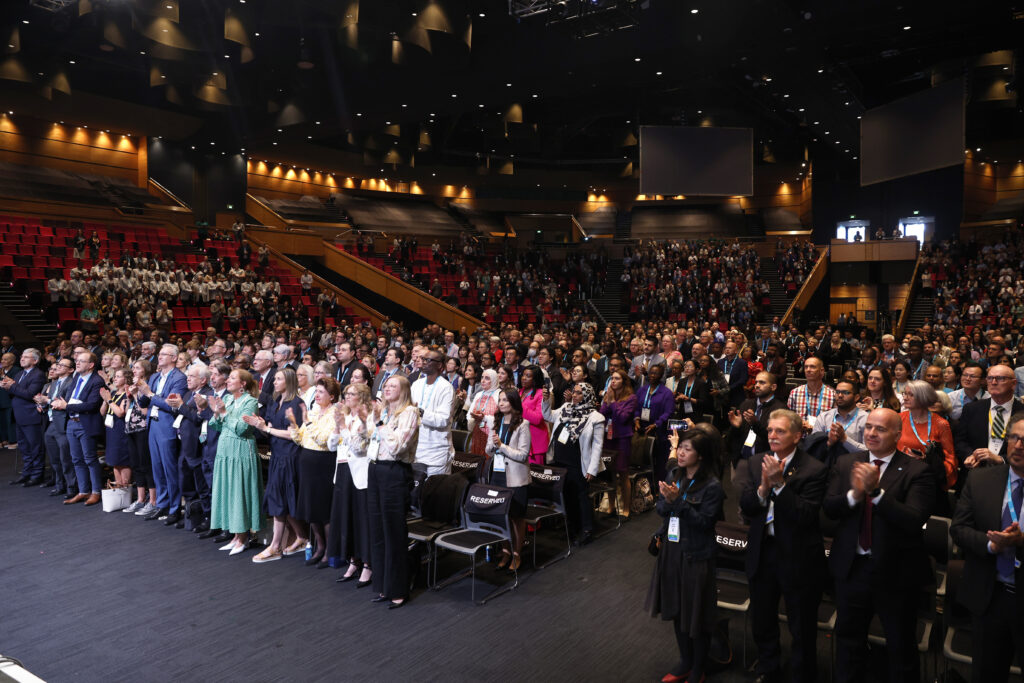
It was a warm and sunny few days in Brisbane. It was dark by 5.30pm each evening, which coupled with the darkness of the conference halls, did little to ease the jetlag. The Brisbane River provides some lovely walking and jogging trails and the Cityhopper — a free ferry service to take you up and down the river, contrasts strongly with the long wait for taxis that we have in Dublin city. The City also boasts a man-made beach — a sparkling lagoon surrounded by white sandy beaches. The Congress ended with a closing dinner at the stunning Brisbane City Hall, a fabulous evening to wrap up what was a busy but rewarding time at the FIP World Congress. The FIP Congress is a fabulous opportunity to network with other pharmacists from all over the globe, to learn from the experiences of others, to learn more about the FIP development goals and align our development goals accordingly. The next FIP World Congress will be held in Cape Town, South Africa from 1 to 5 September 2024.
Tara Kelly
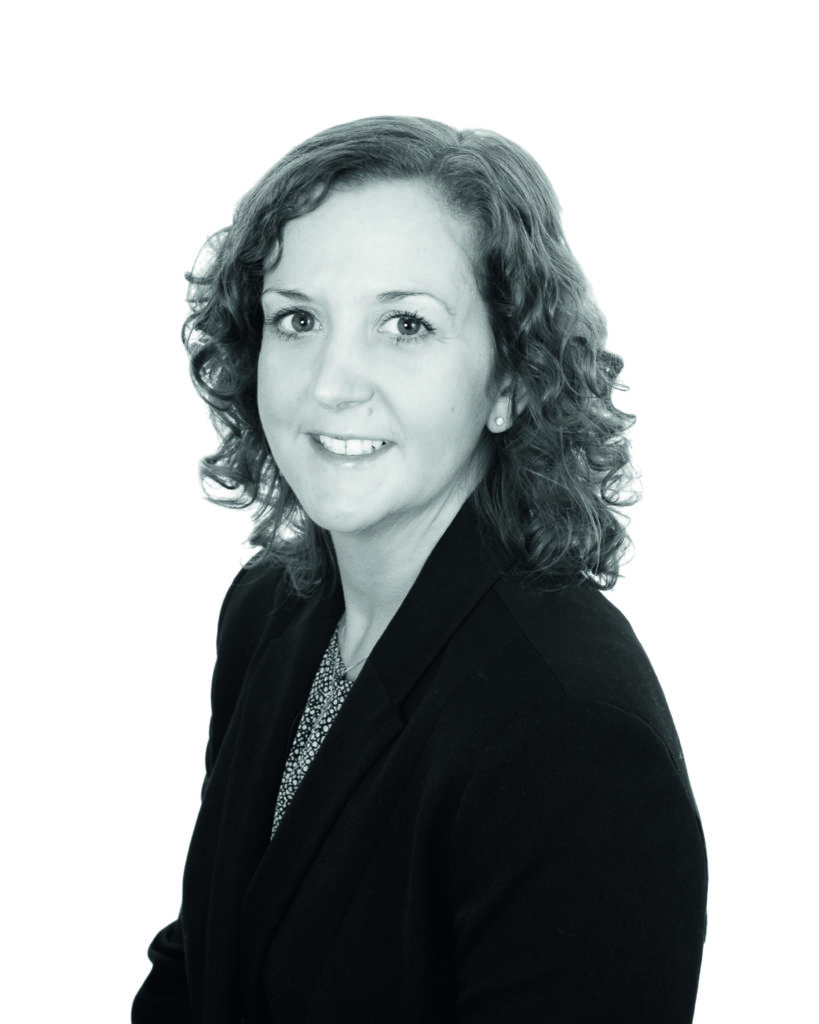
Medicines Information Pharmacist, IPU
Highlighted Articles